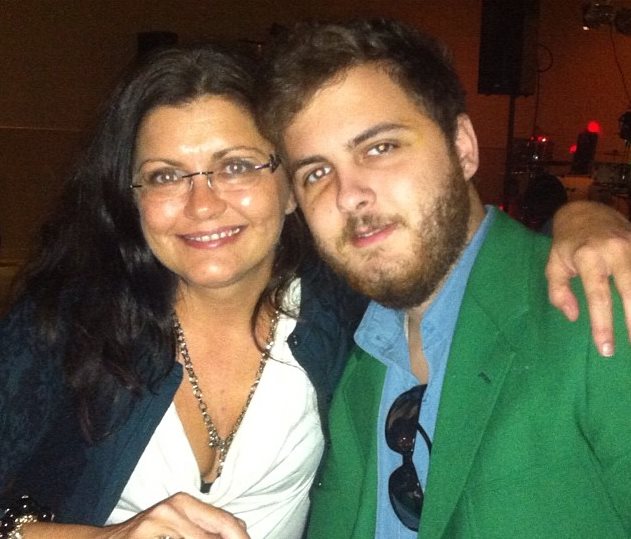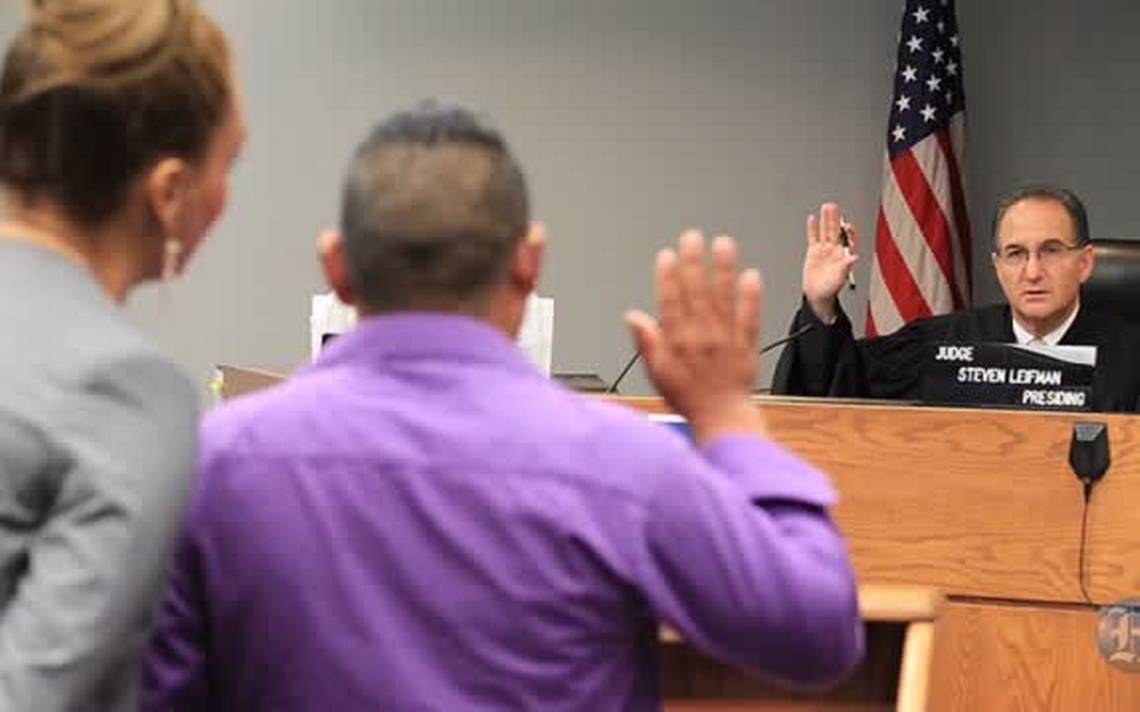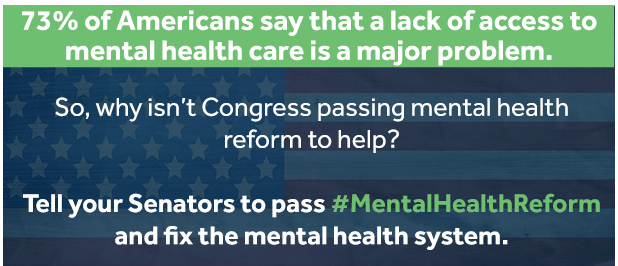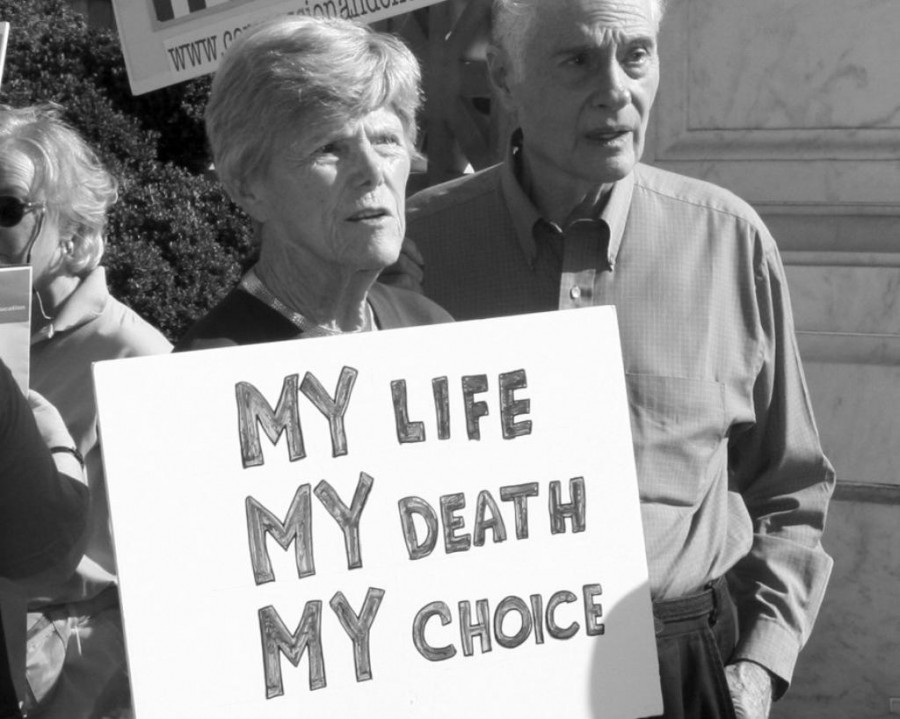
(11-24-16) Among the many blessings that I have in my life are the relationships that I have developed with fellow advocates for persons with mental illnesses. I know many of these courageous individuals only through emails and Internet posts.
Laura Pogliano is one such friend and today on Thanksgiving, I am reposting a letter that she wrote to me last year. Laura, I am thankful for you and so many others who inspire me.
Hi Pete,
I started to write a reply to you, to thank you for the kind words in your Friday blog about my son, Zac, and my advocacy, but didn’t finish. When I got home from work, I realized why. Hanging on my door knob was a gift from Officer Kim Lankford of the Baltimore County Police Department.
Let me tell you a bit about Officer Lankford. You might recall that Zac decided at one point that he had been shot in the head. He hadn’t but he was convinced because of schizophrenia that he had. I wrote a blog for you about how Officer Lankford had treated my son with respect and had spent time comforting him. Later, it was Officer Lankford who did the welfare check at his apartment when I was concerned and the one who found him deceased and broke the news to me.
I want to tell you about the gift she left on my door knob.




 (11-7-16) Ken Gladieux was diagnosed with a mental illness when he was 28. Even so, he finished medical school, became a psychiatrist, married and started a family. In 2009, he moved to Lynchburg, Virginia to a new practice. Thirteen days later, he ended his own life.
(11-7-16) Ken Gladieux was diagnosed with a mental illness when he was 28. Even so, he finished medical school, became a psychiatrist, married and started a family. In 2009, he moved to Lynchburg, Virginia to a new practice. Thirteen days later, he ended his own life.

